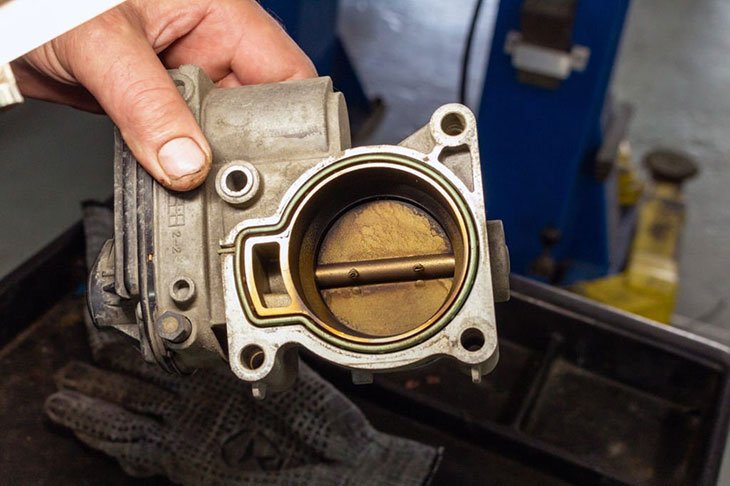Introduction
An oil filter is a crucial component of a vehicle’s engine system. It plays a vital role in maintaining the overall health and performance of the engine. In this blog post, we will explore what an oil filter is, how it works, and why it is important to regularly replace it.
What is an Oil Filter?
An oil filter is a device designed to remove impurities and contaminants from the engine oil. It is typically made up of a canister housing and a filter element. The filter element consists of a porous material that traps particles such as dirt, metal shavings, and sludge, preventing them from circulating through the engine.
How Does an Oil Filter Work?
When the engine is running, oil is continuously pumped through the filter. As the oil passes through the filter element, the impurities get trapped, allowing only clean oil to flow back into the engine. This filtration process ensures that the engine receives clean oil, which is essential for proper lubrication and optimal performance.
Importance of an Oil Filter
1. Engine Protection: The primary function of an oil filter is to protect the engine from harmful contaminants. Without a properly functioning oil filter, these contaminants can circulate through the engine, causing damage to critical components and reducing its lifespan.
2. Improved Performance: Clean oil is vital for the smooth operation of the engine. By removing impurities, an oil filter helps maintain the oil’s viscosity and lubricating properties, ensuring that the engine operates efficiently and delivers optimal performance.
3. Extended Engine Life: Regularly replacing the oil filter can significantly contribute to extending the life of the engine. By preventing contaminants from reaching sensitive engine parts, the oil filter helps reduce wear and tear, minimizing the risk of costly repairs or premature engine failure.
4. Fuel Efficiency: A clean oil filter can also improve fuel efficiency. When the engine is properly lubricated with clean oil, it can operate more efficiently, reducing friction and maximizing fuel economy.
When Should You Replace the Oil Filter?
It is recommended to replace the oil filter every time you change the engine oil. However, certain driving conditions, such as frequent stop-and-go traffic or dusty environments, may require more frequent oil filter replacements. Consult your vehicle’s owner manual or a trusted mechanic for specific recommendations.
Conclusion
An oil filter is a small yet crucial component of a vehicle’s engine system. It plays a vital role in protecting the engine from contaminants, improving performance, extending engine life, and enhancing fuel efficiency. Regularly replacing the oil filter is essential to ensure that the engine operates smoothly and remains in optimal condition.






